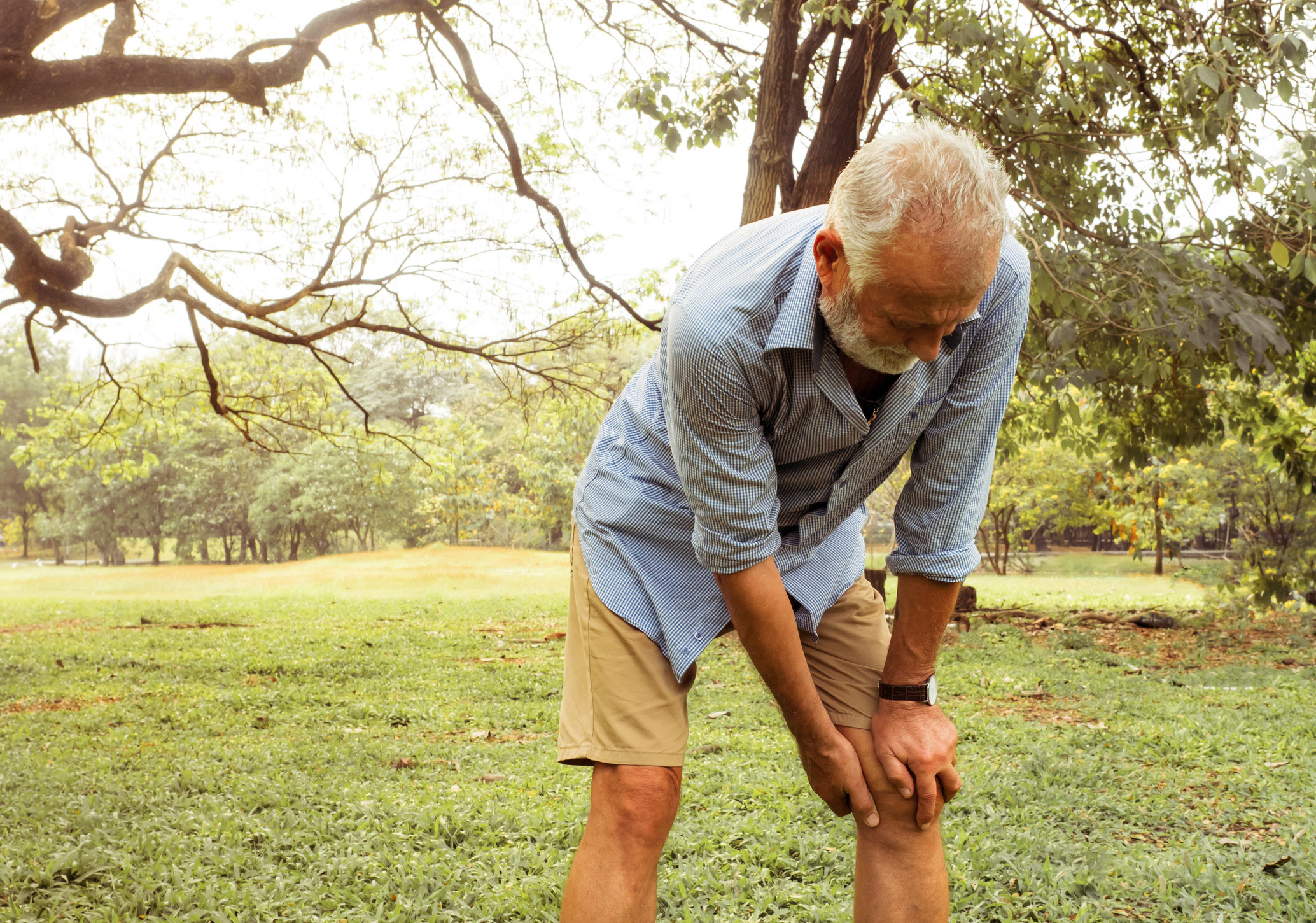Just keep walking. That’s the message we hear over and over to help prevent weight gain, promote heart health and preserve physical function in older age. New research also finds that a regular walking program can help people over the age of 50 manage knee pain and stiffness, and possibly suffer less structural knee damage.
According to a recent New York Time Move article, a study of more than 1,000 people aged 50 or older with knee osteoarthritis found that after four years, participants who started off without frequent knee pain and walked for exercise frequently were at least 10 times less likely to develop new regular aches or stiffness around their knees. People with knee osteoarthritis who are bowlegged could especially benefit from regular walking, according to researchers.
Walking is an exercise that is accessible to everyone – it requires little other than a well-fitted pair of shoes and comfortable clothing. Walking to music, a podcast, or with a friend can help maintain motivation and over time, increase walking pace and distance. A daily walk outdoors in natural sunlight can also help promote a good night’s sleep and stave off depressive symptoms.
Knee osteoarthritis is common among older adults – about a third of people over 60 have the condition. Osteoarthritis is caused by wear and tear of the joint cartilage, leading to underlying changes in the bone. Many people who experience pain and stiffness in their joints take ibuprofen or naproxen, but these medications in large doses can lead to stomach ulcers or kidney problems.
The study, conducted by researchers at Baylor College of Medicine in Houston, suggests that exercise may also be beneficial for osteoarthritis of other joints including the hips, hands, and feet. Regular movement can also help people develop and preserve muscle mass and strengthen ligaments around joints to better manage osteoarthritis. Strength and flexibility are beneficial to maintaining joint health.
For people who already experience joint pain, it’s important not to push too hard. Walking long distances may worsen aches and pain in some people with severe arthritis. But for those with mild or moderate osteoarthritis, walking is a simple, cheap, and accessible exercise that may offer many preventative health benefits. If you are starting a new walking program, being slowly with short walks and gradually increase speed and distance over time. Remember to stay hydrated, especially in warm weather, and ice the knees if you experience pain after walking.






Add Your Voice
0 Comments
Join the Discussion